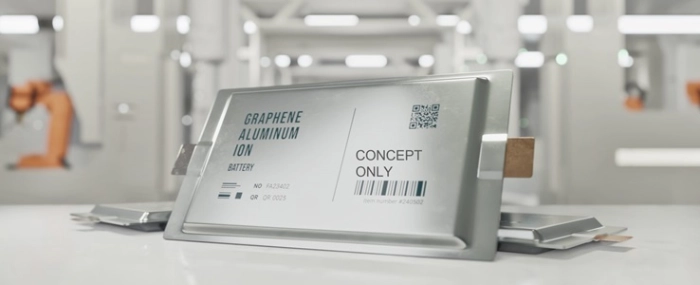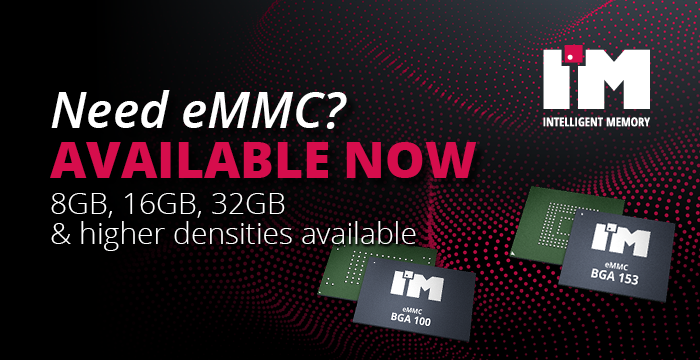
GMG unveils graphene slurry to enhance battery power
Viable for EVs as well as other battery functions, the Super G graphene slurry promises longer battery life due to a 2.5-times reduction in ionic resistivity.
Australia-based Graphene Manufacturing Group (GMG) has revealed a “breakthrough” liquid graphene slurry aimed at enhancing the performance of standard lithium-ion batteries.
Viable for EVs as well as other battery functions, the Super G graphene slurry promises longer battery life due to a 2.5-times reduction in ionic resistivity.
“The Graphene comes from GMG’s self-developed graphene production system and is then processed through a number of steps in the co-located pilot plant and finally into a liquid graphene product which we believe will be able to be added into or coated onto either a customer’s lithium-ion battery cathode or anode production with a 0.5-2% dosage by weight,” the company said in a media release.
The slurry was developed by GMG over the last 3 years for GMG’s own Graphene Aluminum-Ion Battery, which has unique properties of high electrical conductivity, low charge transfer resistance and high density compared to other carbon battery additives and materials used in lithium-ion batteries.
GMG is reportedly in talks with multiple battery manufacturers and industry players to explore the potential testing and supply of Super G.
According to a recent study conducted by Oxford University, Super G demonstrates 2.5 times lower mean ionic resistivity compared to standard graphite. Lower pore ionic resistivity will improve battery efficiency, charge and discharge rates, GMG said.
Super G also features multimodal particle distribution that increases energy density for more powerful, longer lasting batteries.
And, unlike conventional materials, Super G maintains its integrity during calendaring (compression onto battery foil), ensuring no significant damage to the binder layer, the Oxford study indicated.



